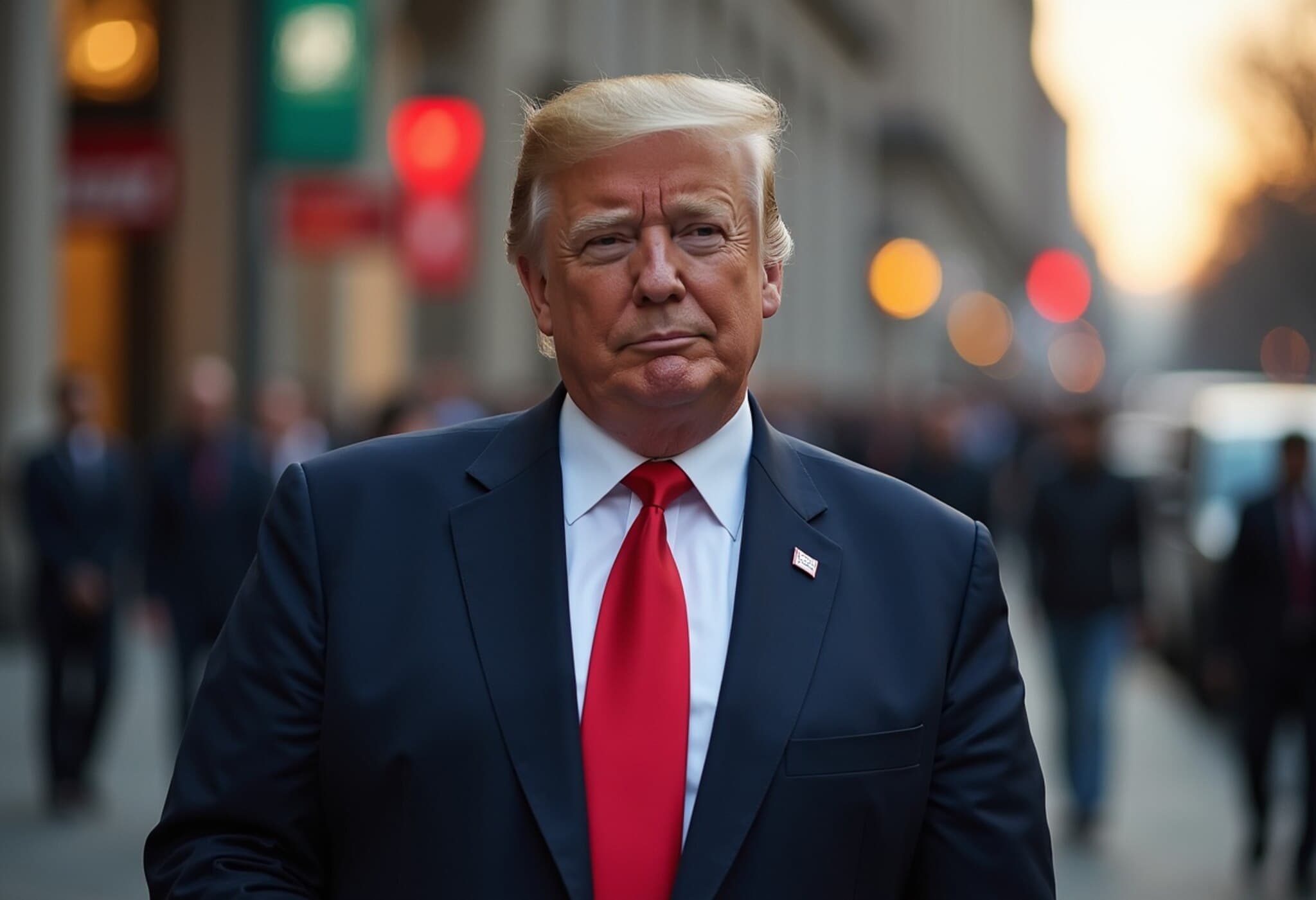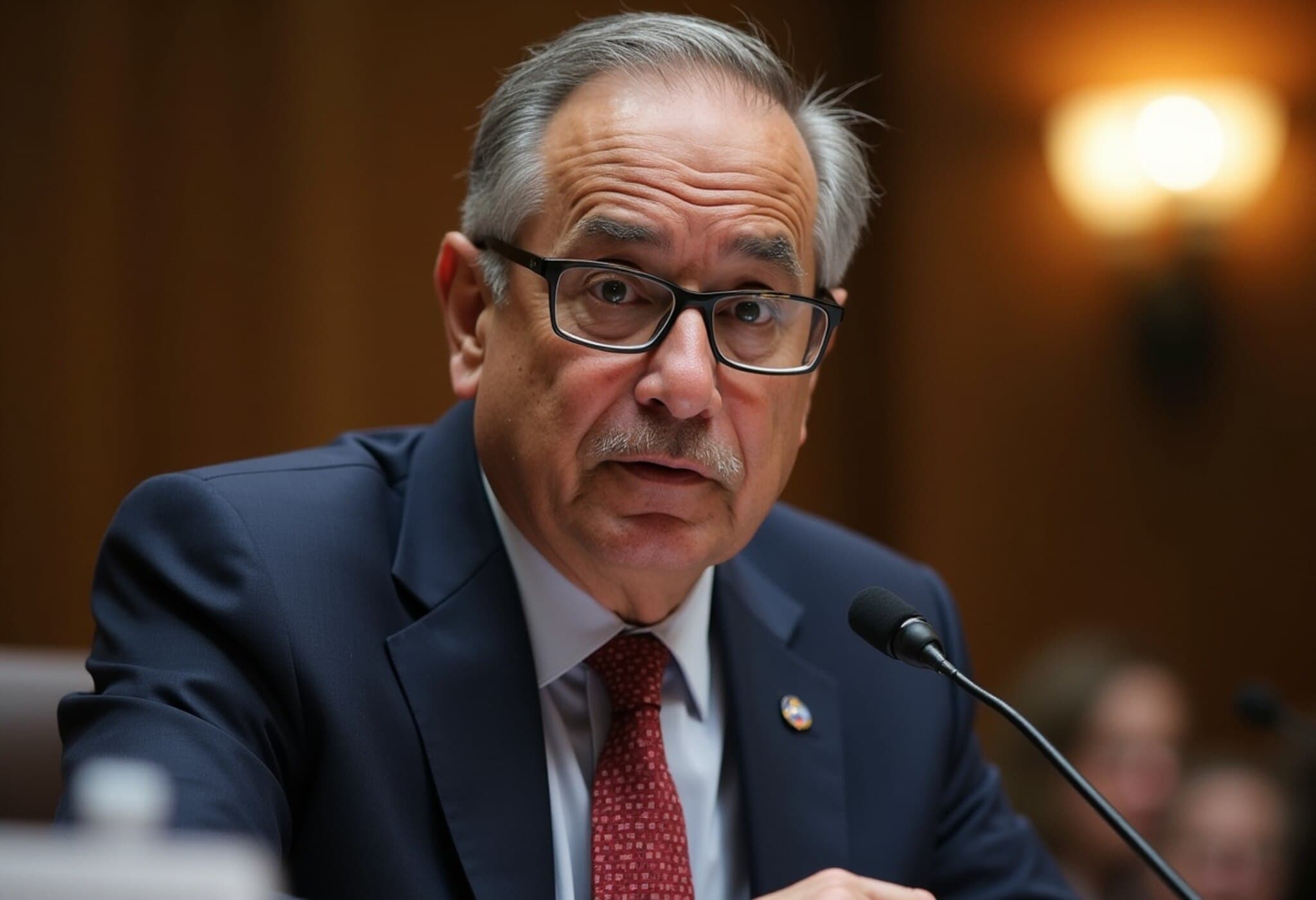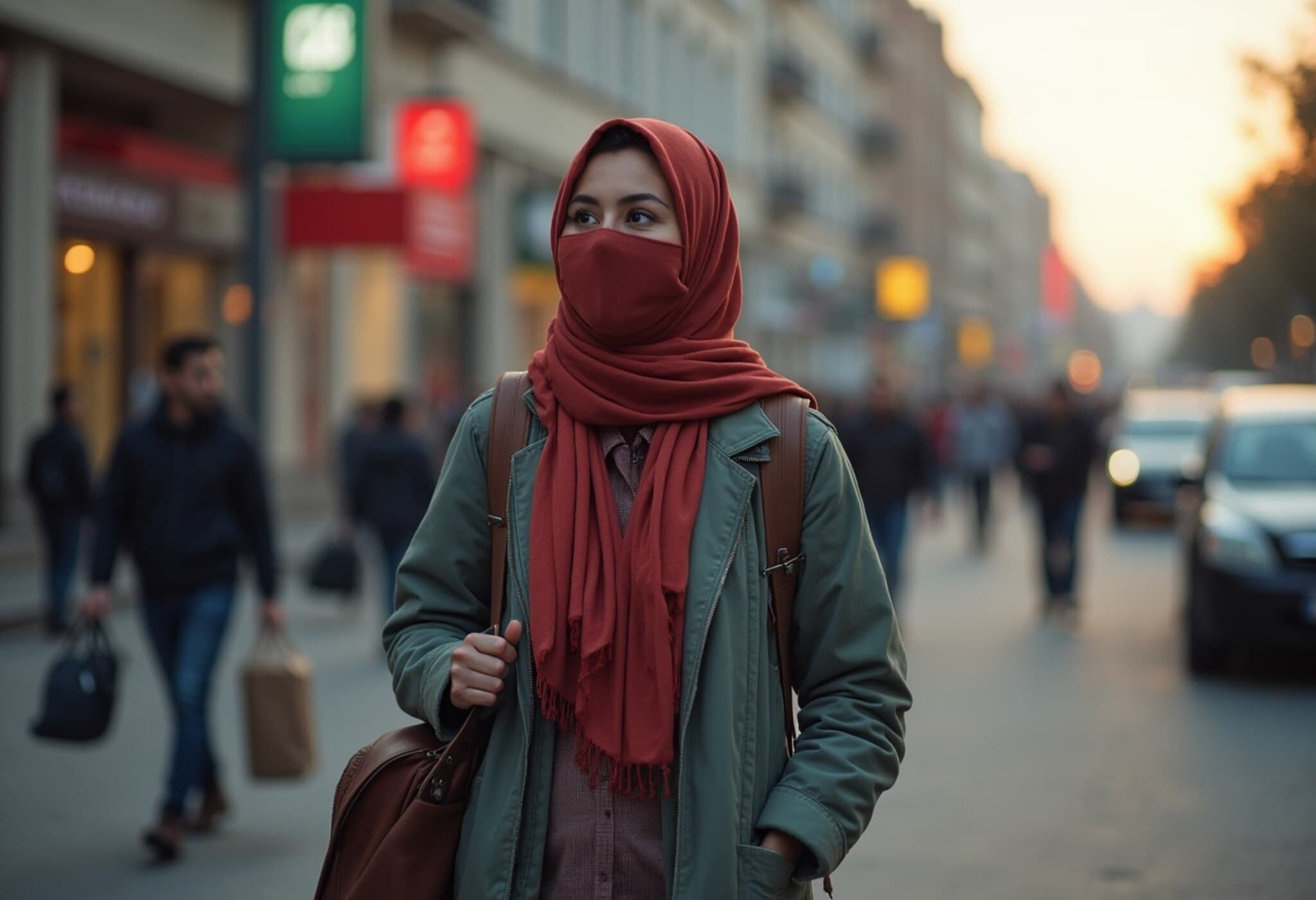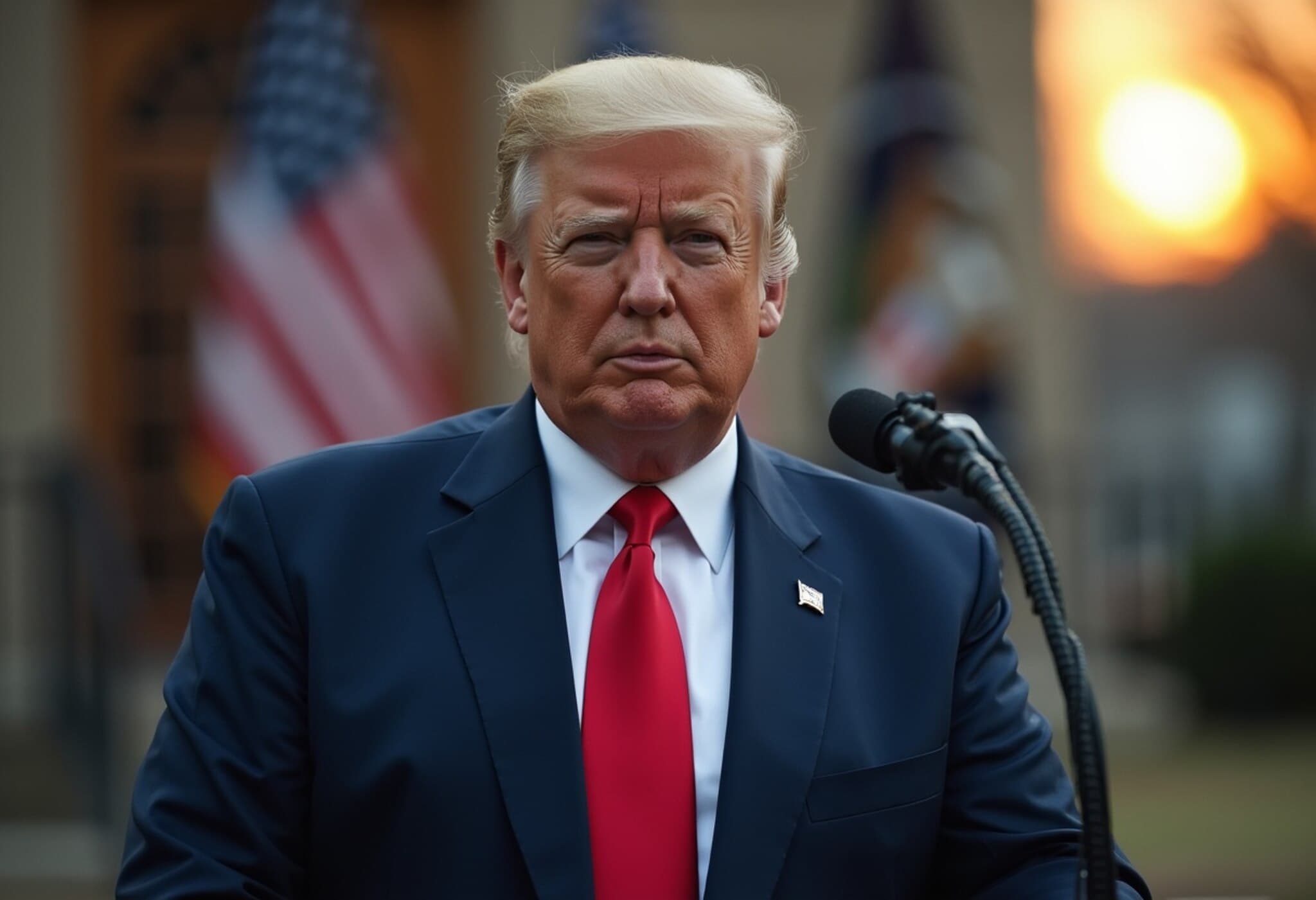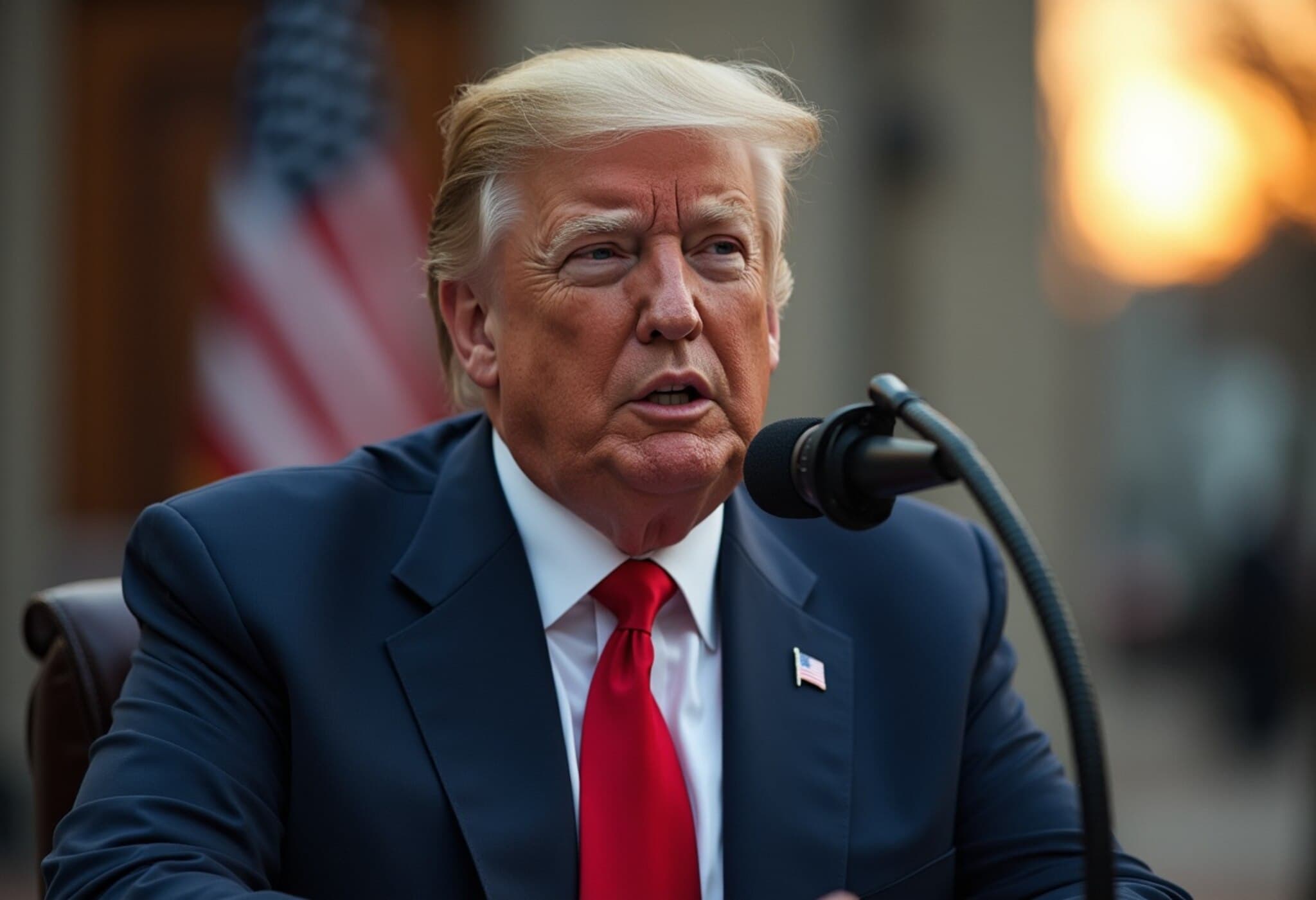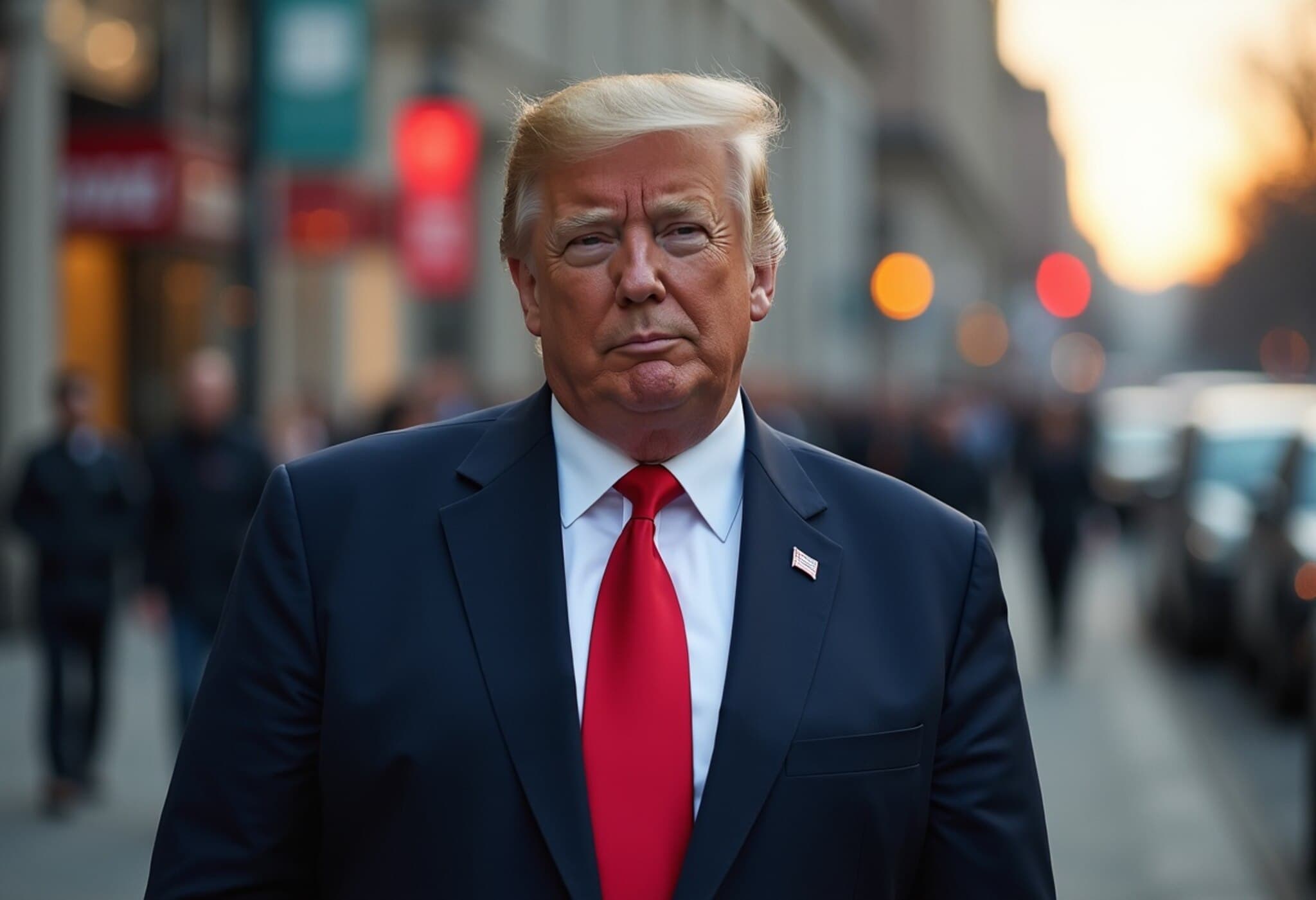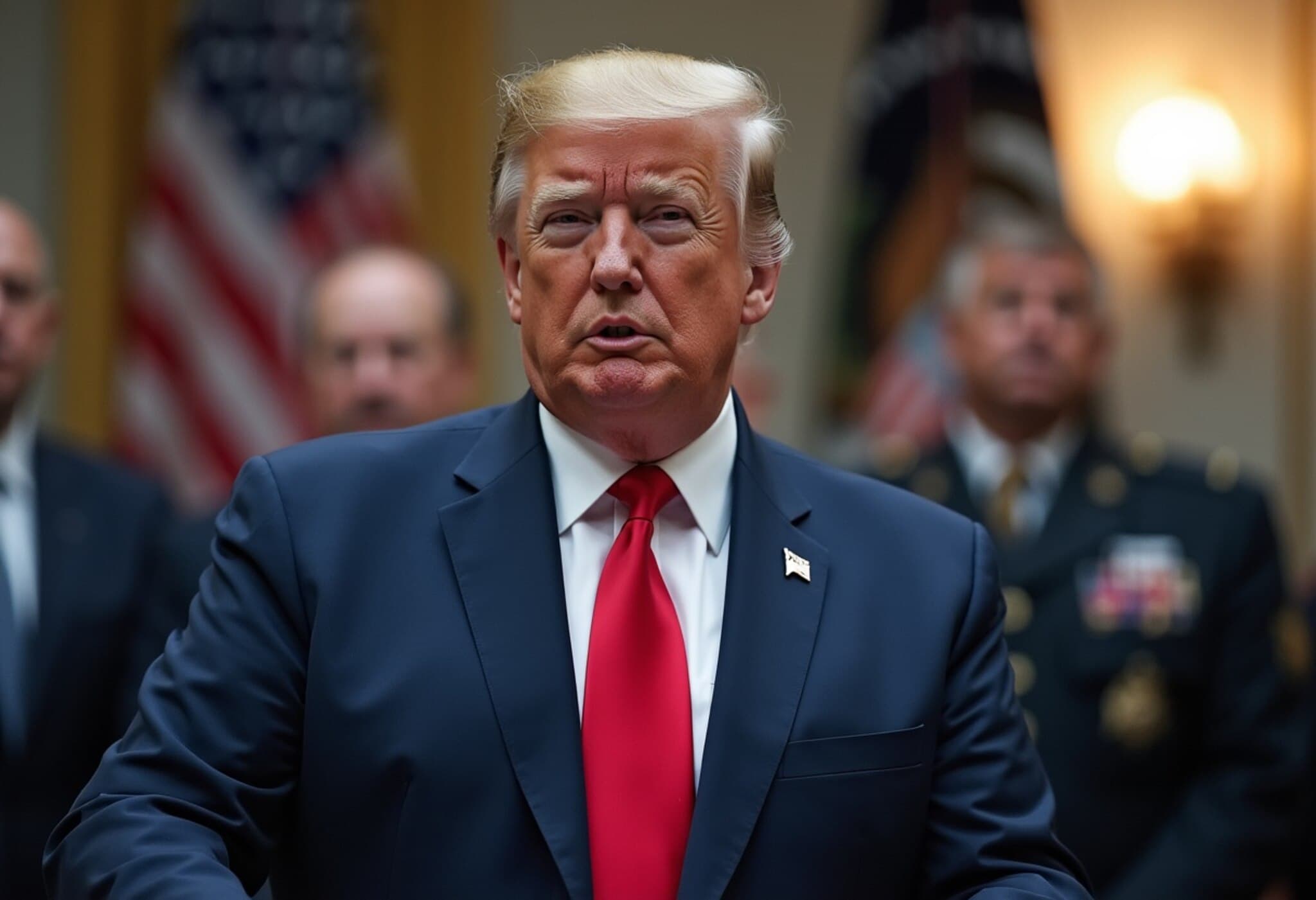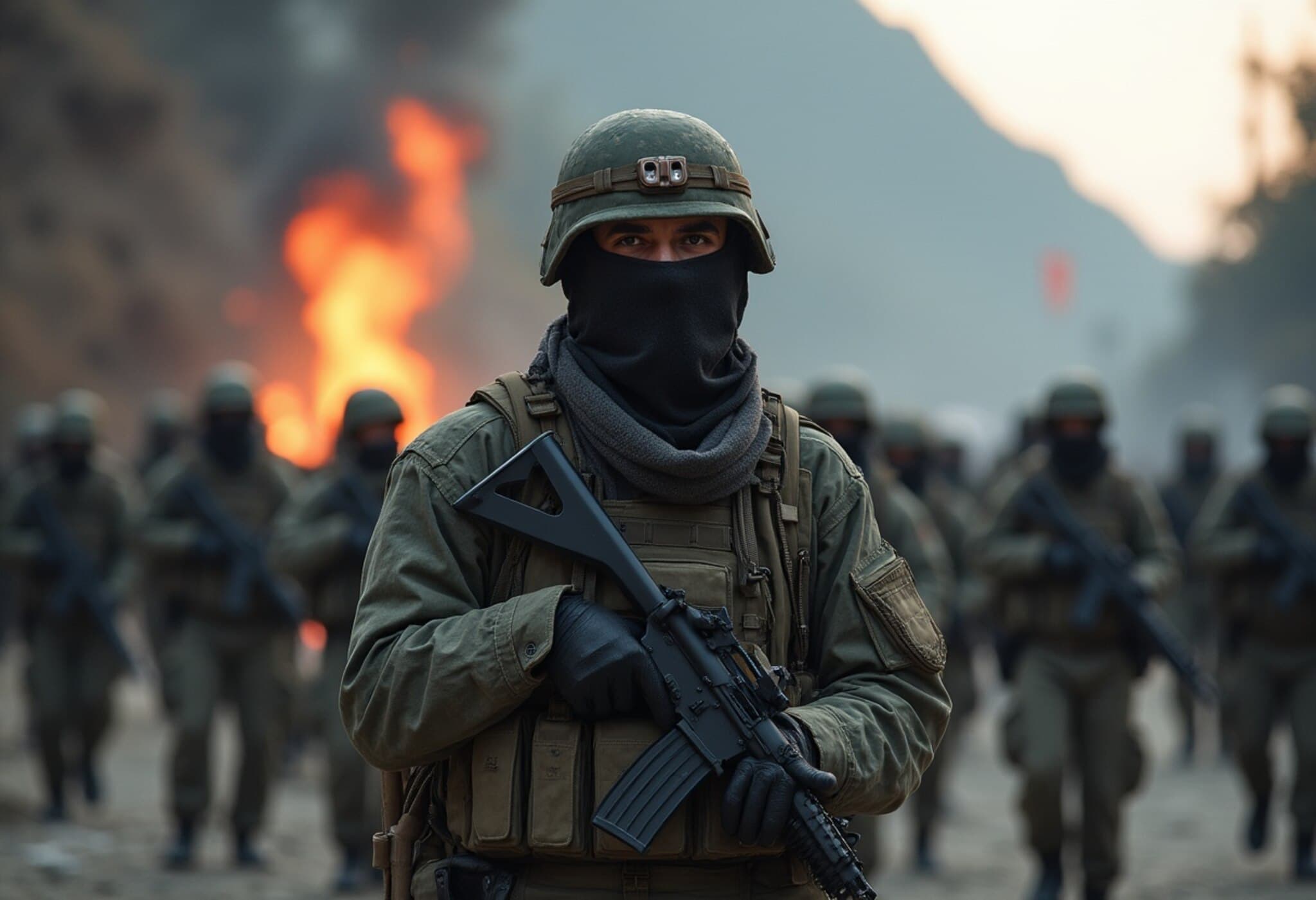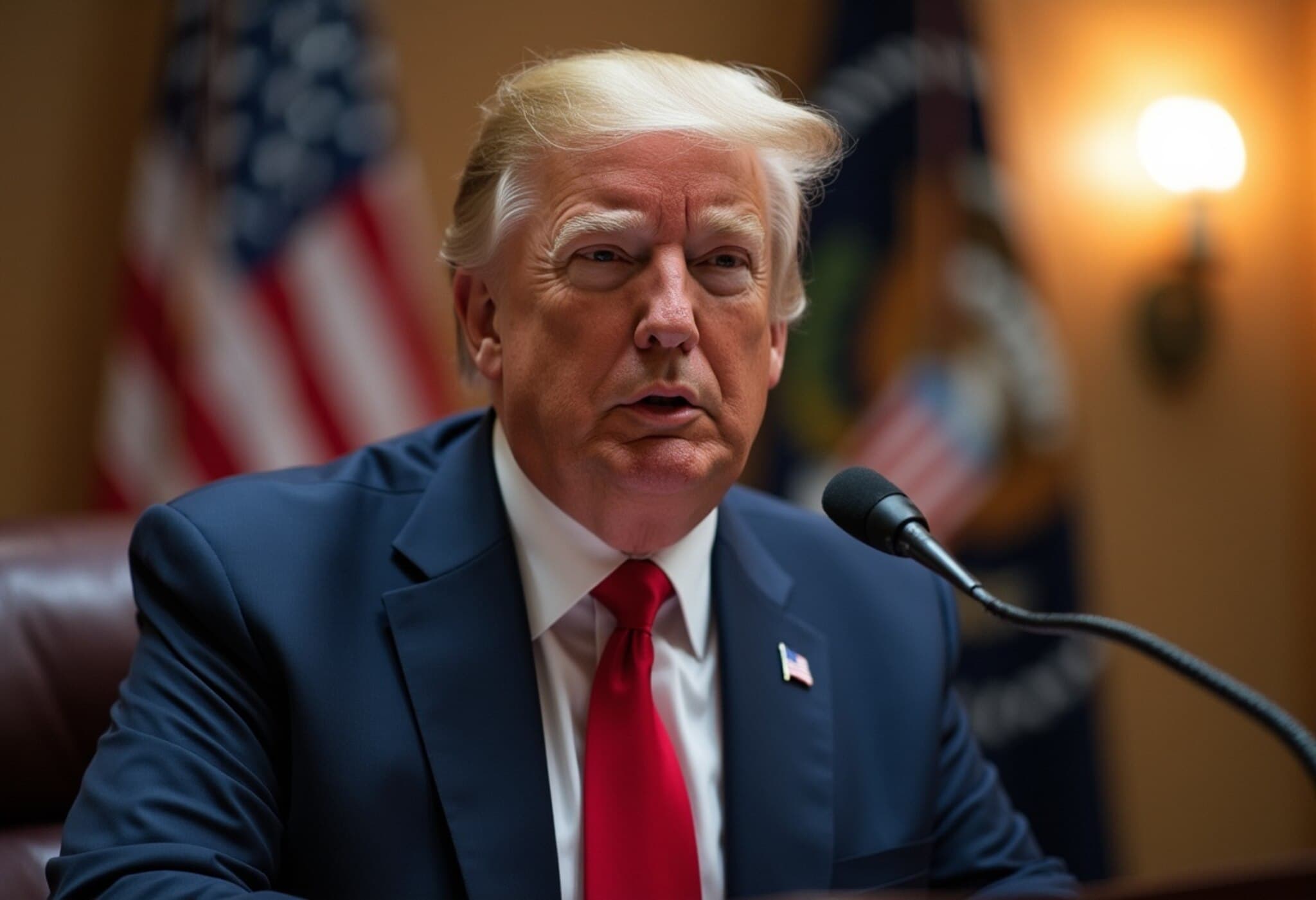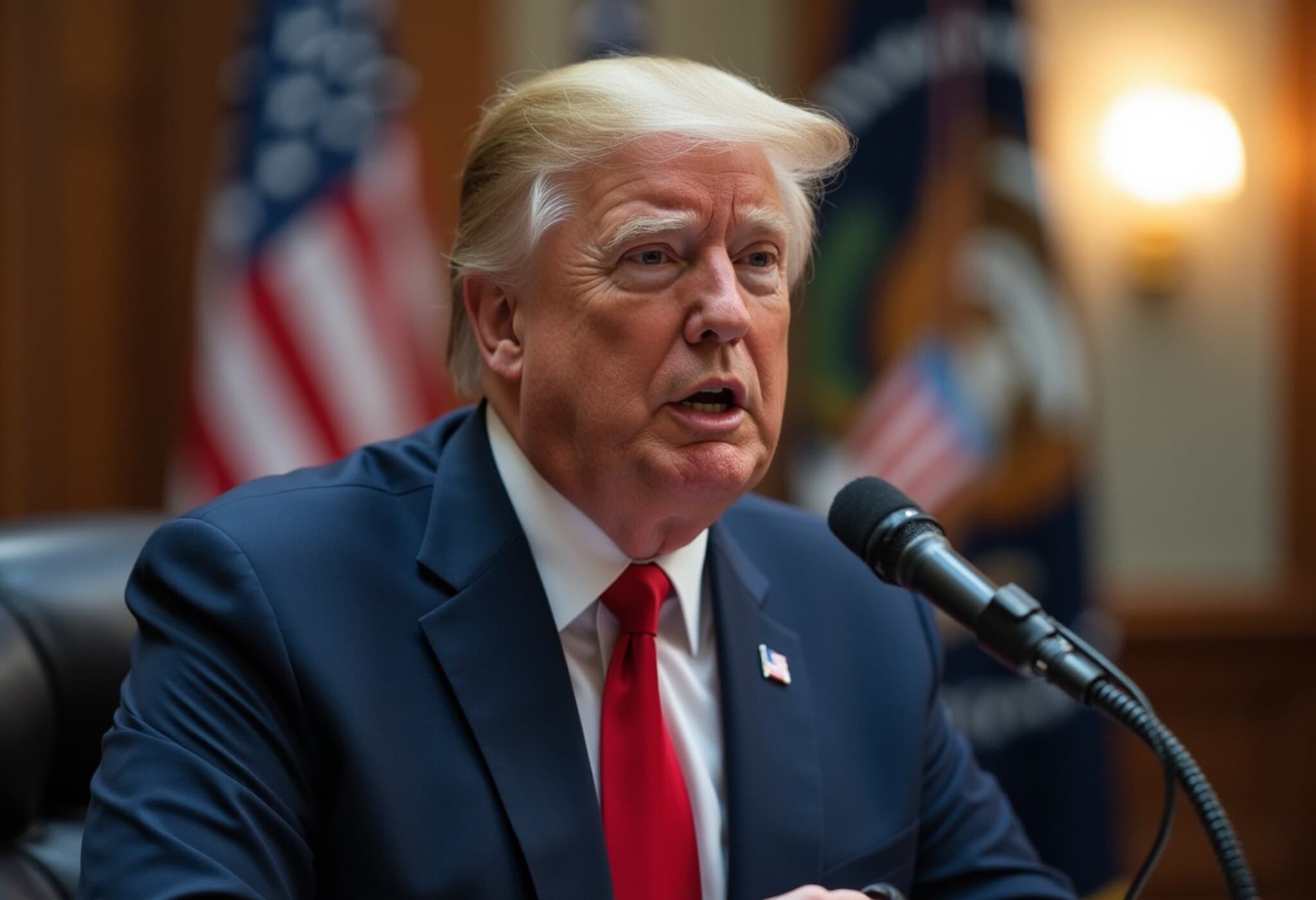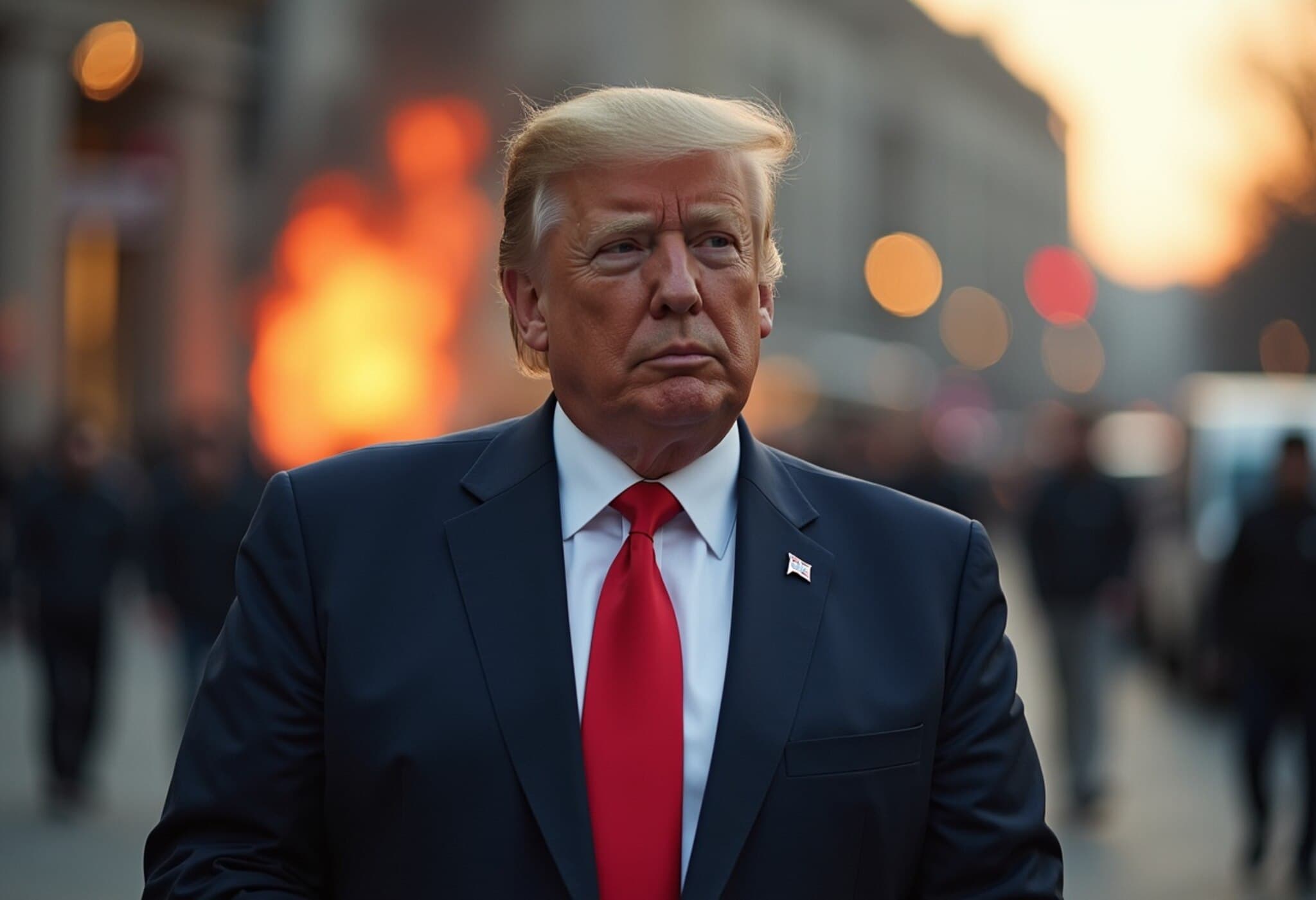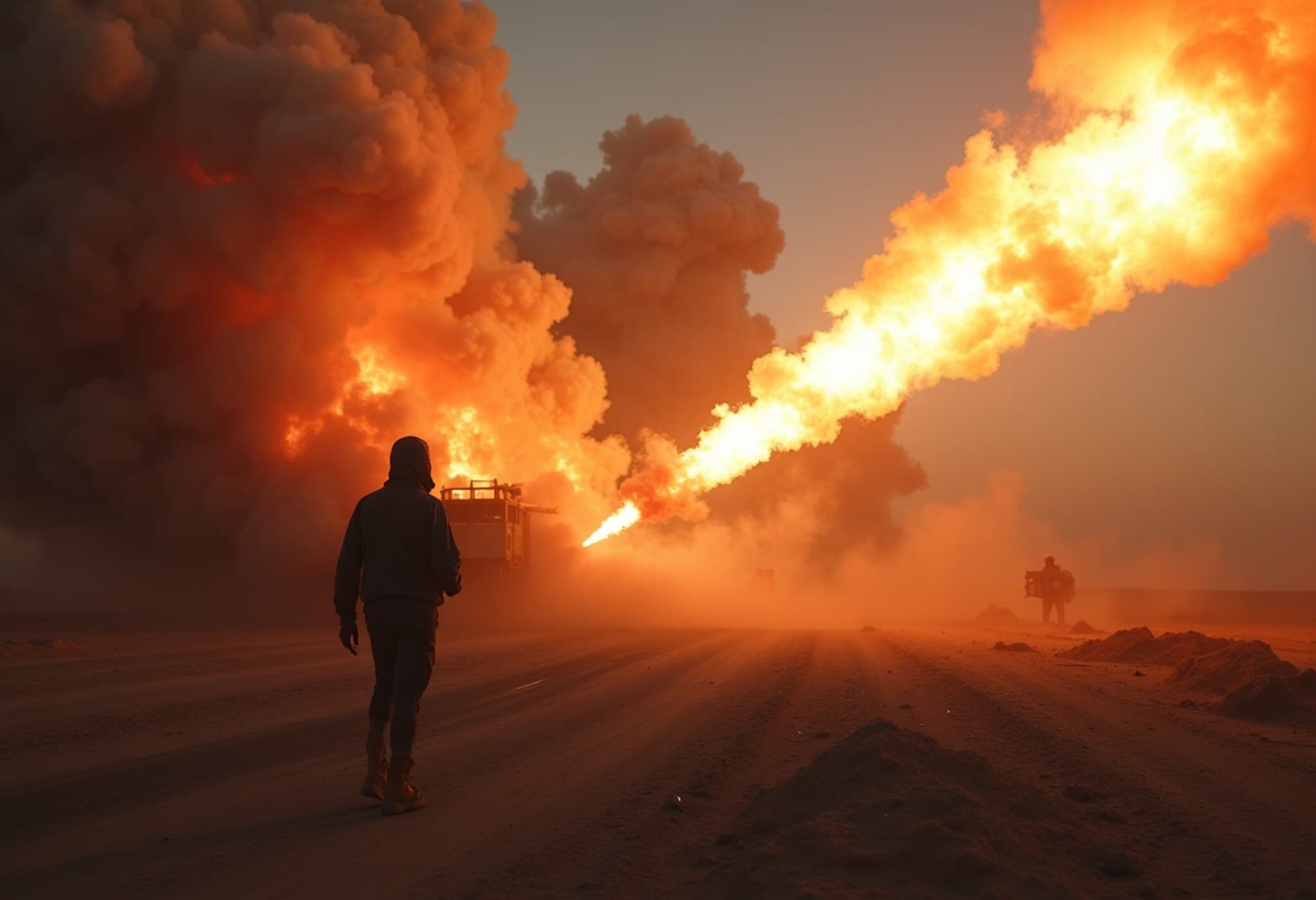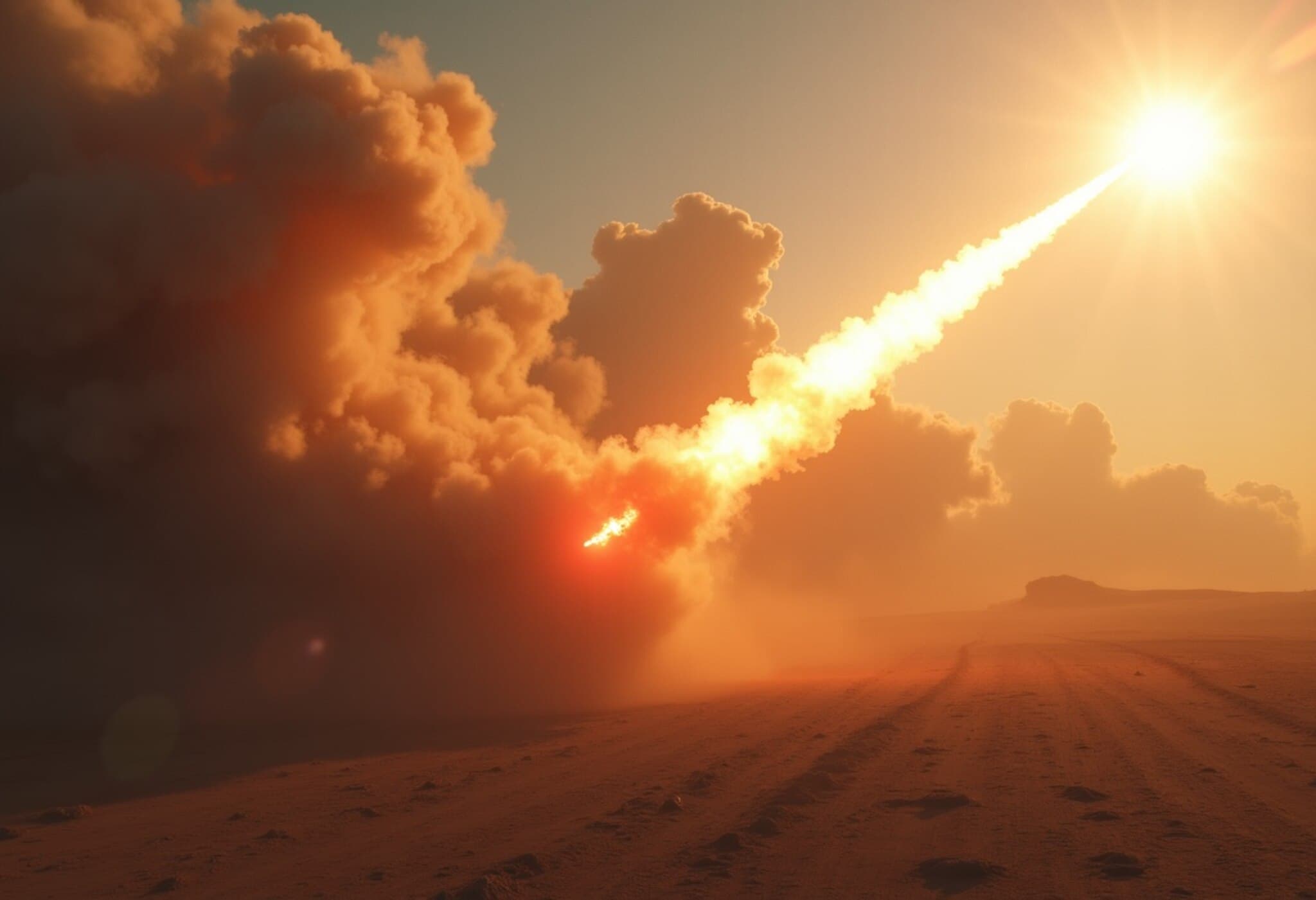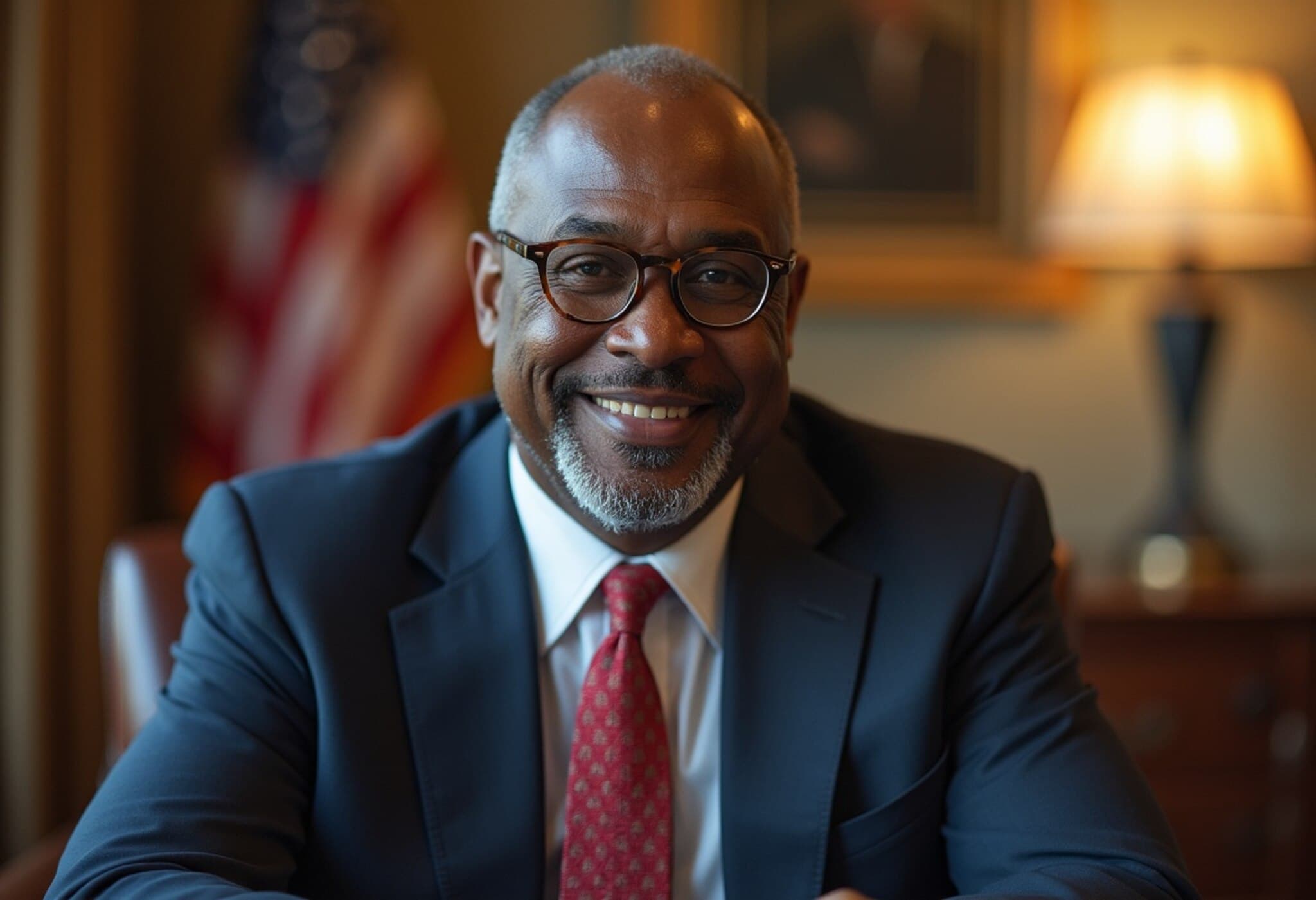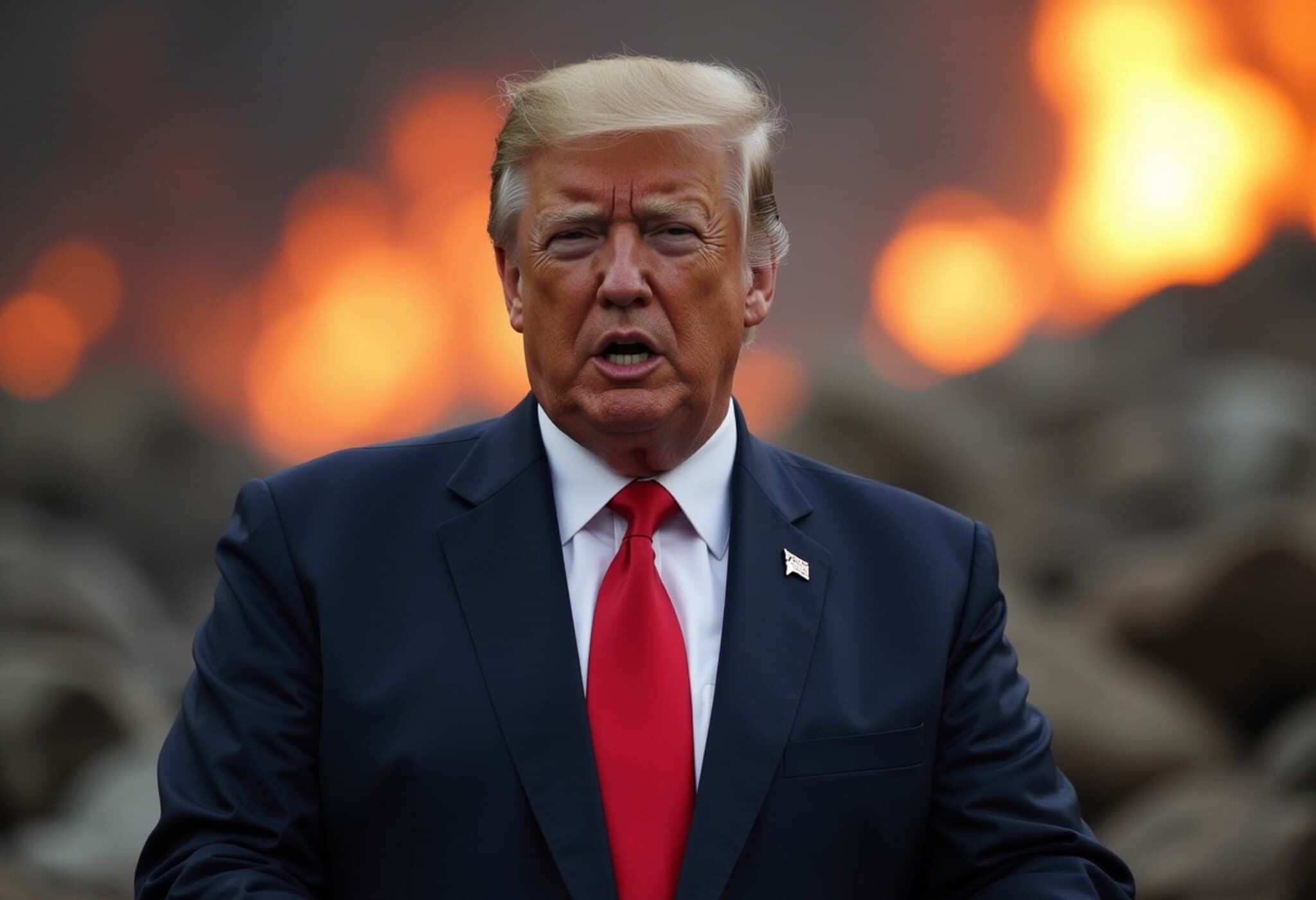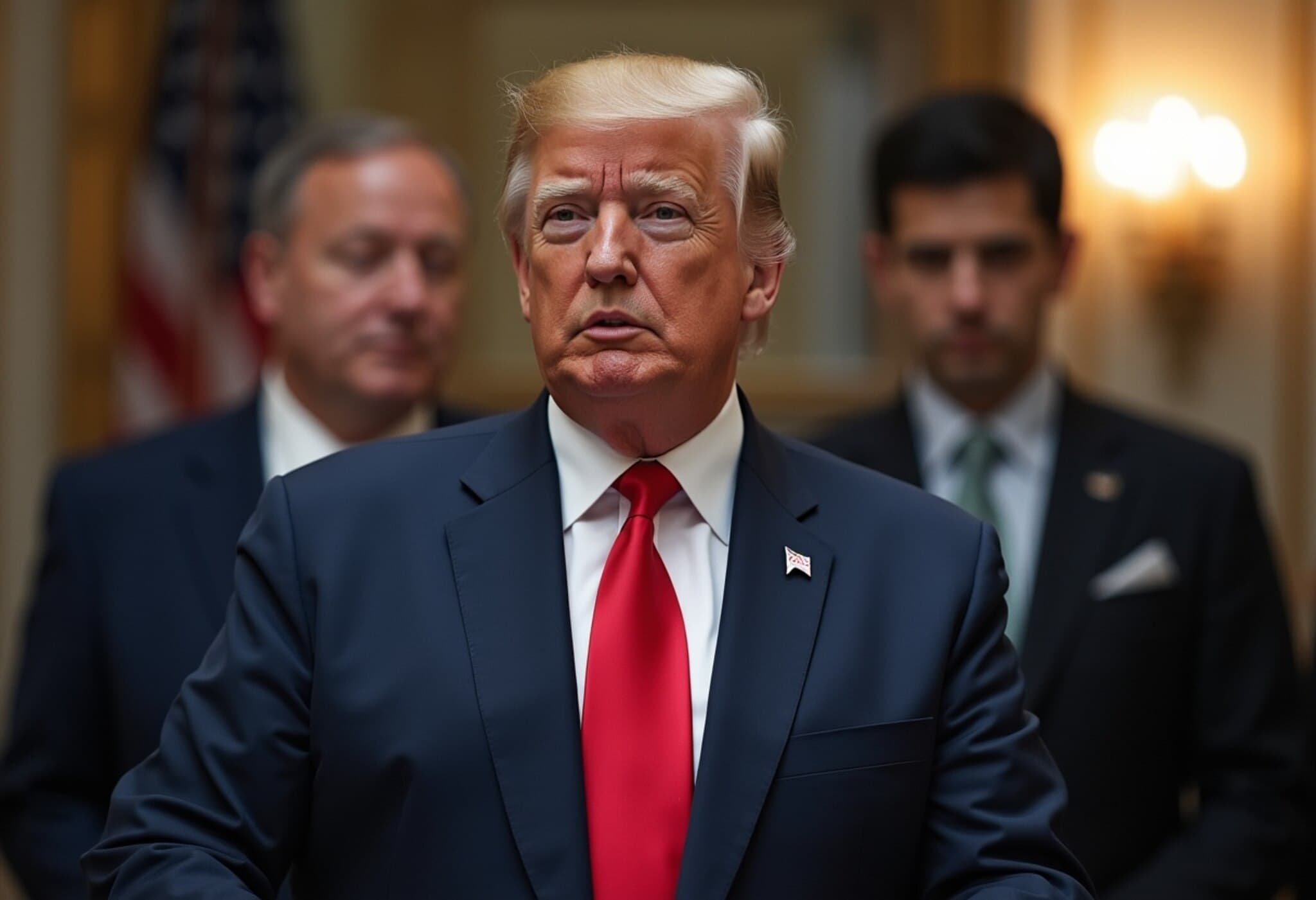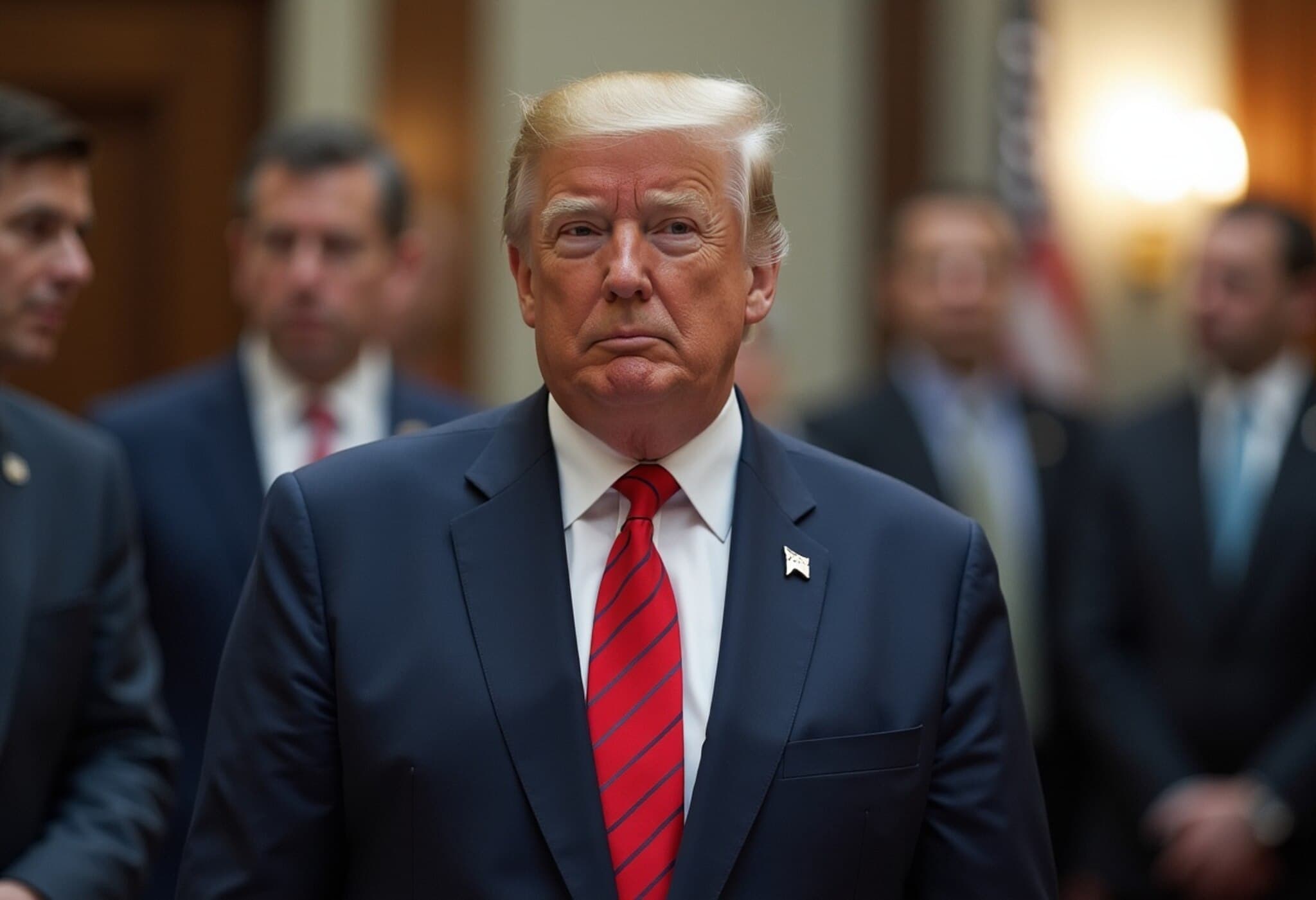Trump Stands Firm Against Iran's Nuclear Weapon Development
Former President Donald Trump has reaffirmed a hardline stance against Iran obtaining nuclear weapons, stating unequivocally that the United States will not allow the Middle Eastern nation to arm itself with nuclear capabilities. This declaration comes amid escalating regional tensions and a partial US embassy evacuation in Iraq, driven by growing security concerns.
Diplomatic Deadlocks Stall Nuclear Deal Talks
Speaking at the Kennedy Center in Washington alongside Melania Trump, he emphasized, "They can't have a nuclear weapon. Very simple." Despite multiple rounds of negotiations since April, efforts to revive the 2015 nuclear agreement remain stalled, particularly over Iran's uranium enrichment activities.
On a recent podcast, Trump admitted his confidence in reaching a deal is waning: "I'm getting more and more -- less confident about it. Something happened to them." His remarks highlight the mounting challenges in achieving a diplomatic breakthrough.
Security Concerns Prompt Partial Embassy Evacuation in Iraq
In a move underscoring the volatile situation, the US State Department confirmed the withdrawal of most American diplomats from Baghdad and Erbil. Citing unspecified threats, the department stated that this action aims to safeguard American personnel while continuously evaluating embassy staffing levels worldwide.
Additionally, the US defense leadership has authorized the voluntary departure of military dependents stationed throughout the Middle East, signaling heightened caution across the region.
Iran Issues Military Warnings Amid Rising Tensions
In response, Iran's Defense Minister Aziz Nasirzadeh warned of a robust military retaliation if attacked, asserting that all US bases in surrounding countries are within Iran's reach and would be targeted without hesitation.
Meanwhile, Iranian Foreign Minister Abbas Araqchi offered a seemingly conciliatory note on social media, acknowledging Trump's demand aligns with Iran's doctrine and could serve as the basis for a deal—provided Iran's uranium enrichment continues under UN oversight and sanctions are lifted.
Looking Ahead: Upcoming Negotiations and International Dynamics
The next round of talks is slated for June 15 in Oman. However, Iran’s Supreme Leader Ayatollah Ali Khamenei has already rejected recent US proposals, deeming them detrimental to national interests.
Complicating matters, the US and European allies have introduced a resolution at the International Atomic Energy Agency's Board of Governors, potentially referring Iran to the UN Security Council—a move not seen in two decades. Should the resolution pass, it could reinstate sanctions lifted under the previous nuclear deal.
Iran has cautioned that escalation in response to this move will intensify its nuclear program. The IAEA meeting is scheduled to conclude on June 13.

